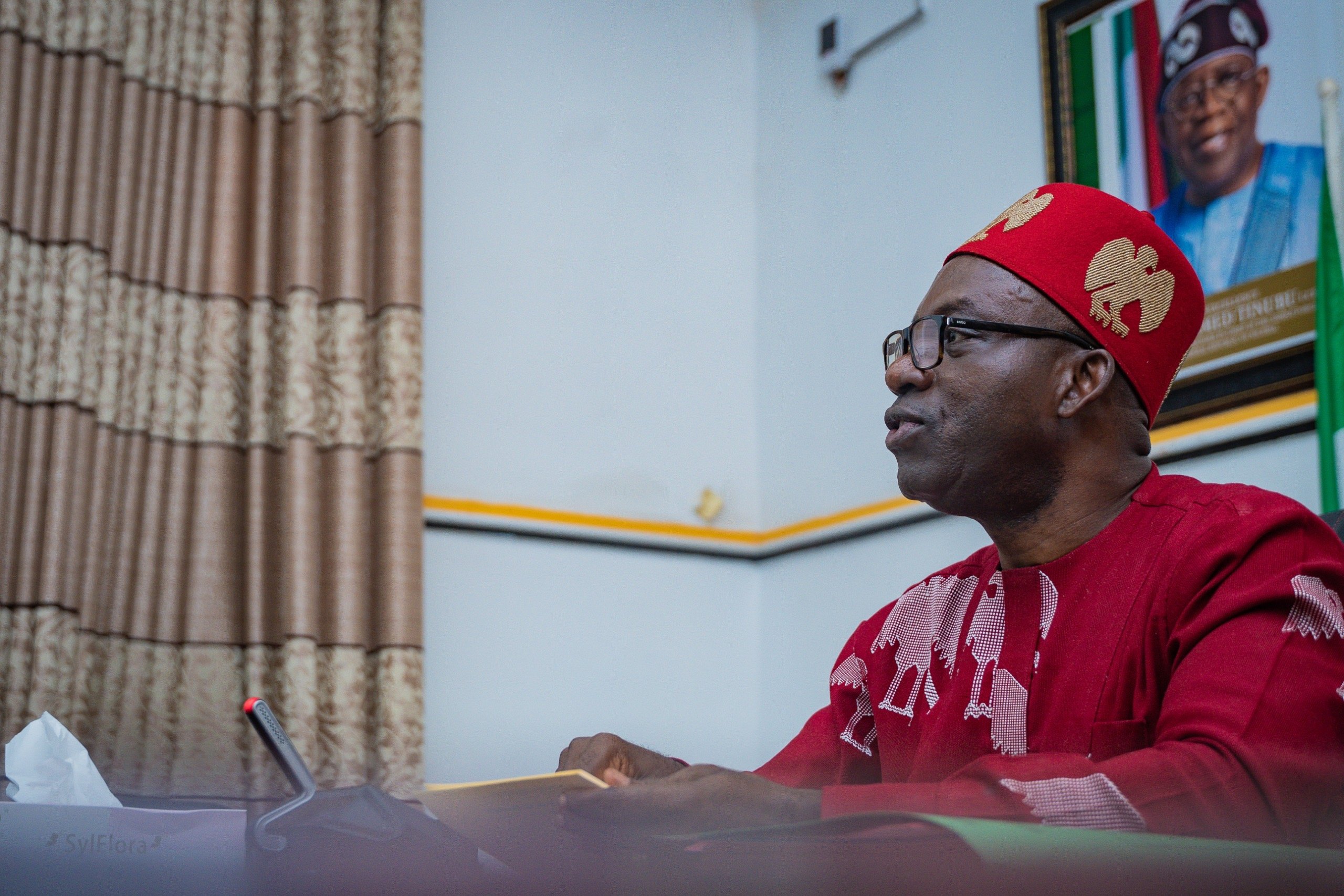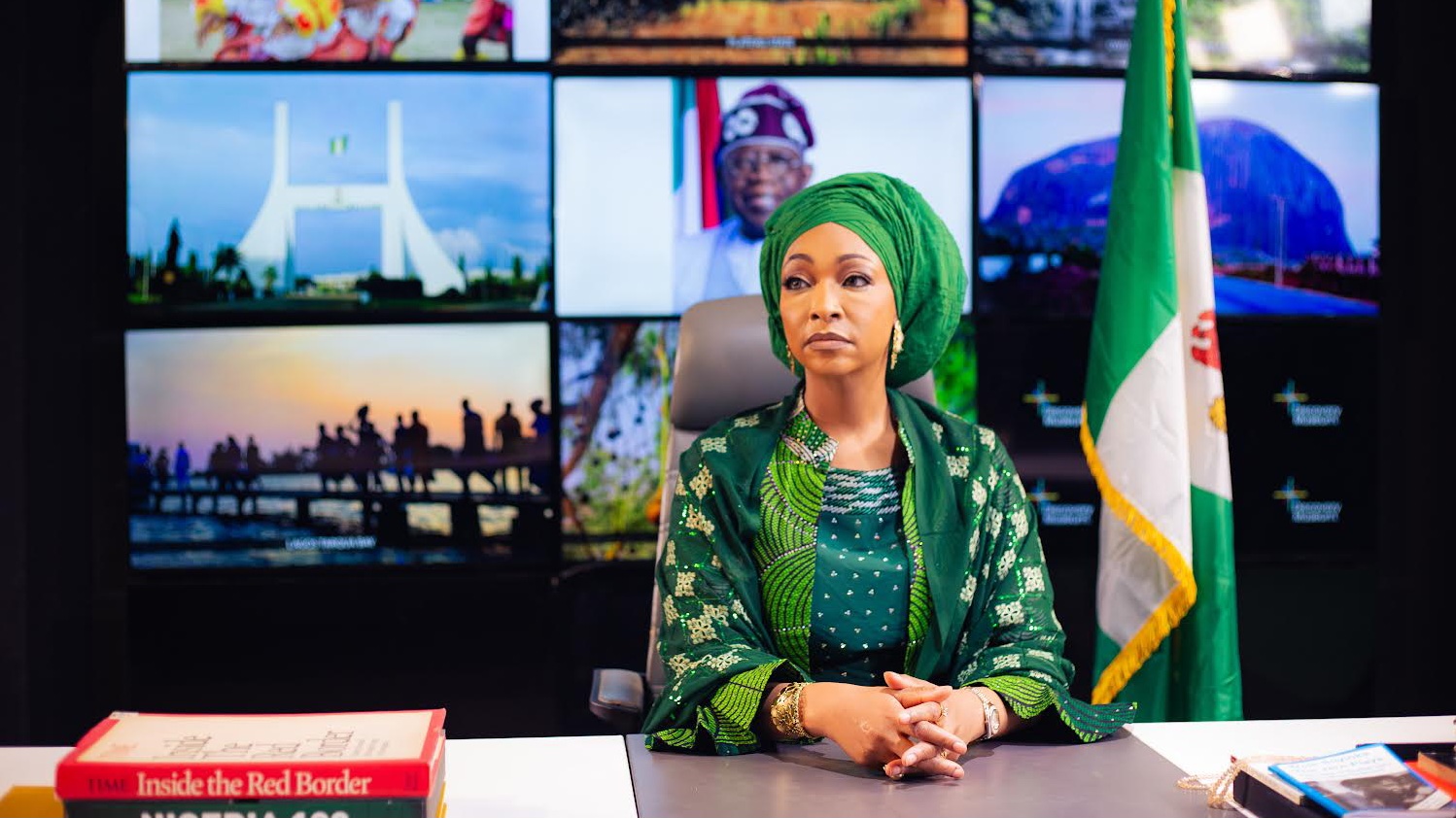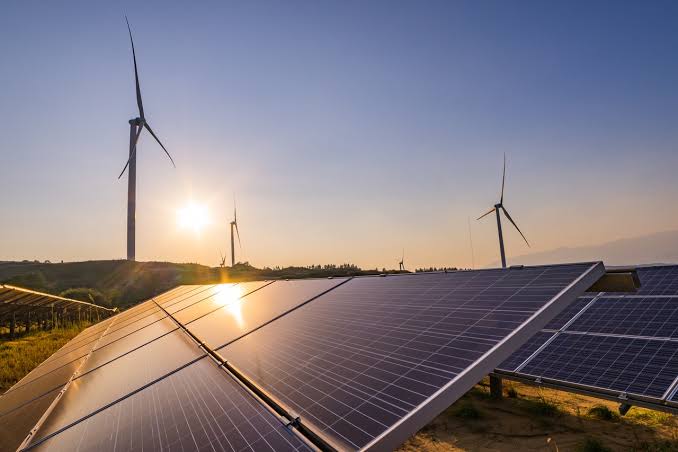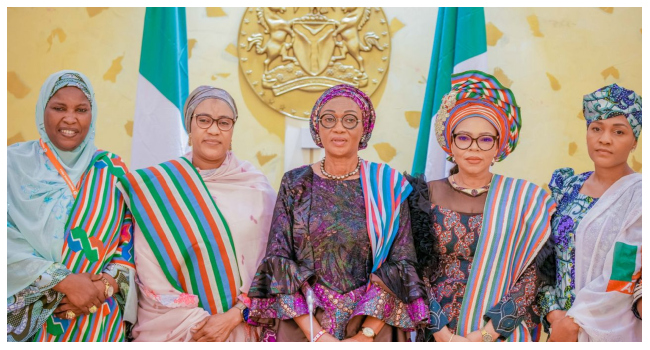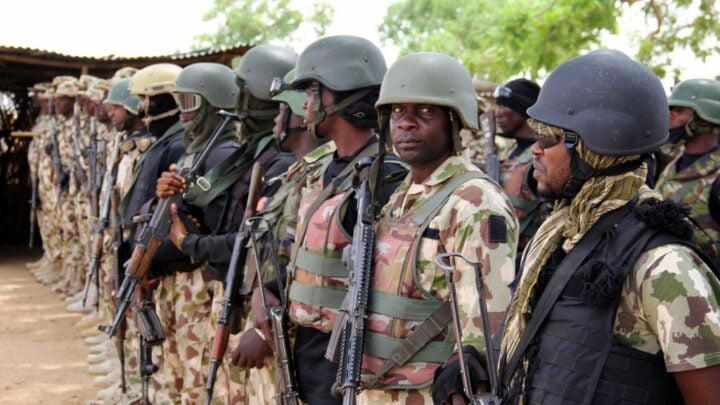BY IFEANYICHUKWU AFUBA
Expectedly, the anniversary tradition of Nigeria’s democracy has spurred the proclamation of achievements of the Charles Soludo administration. In various media, exploits of the present Anambra state government in security, economic growth, infrastructure, social welfare, environment and industrialisation are being propagated as the administration’s second anniversary comes up on March 17, 2024.
But in the world of Anambra’s adversarial politics, the typical response of Professor Charles Soludo’s sworn critics to the administration’s two-year achievements is “Where’s the Dubai – Taiwan?”
Soludo in his 2021 manifesto, pledged to turn Anambra into a “destination African Dubai – Taiwan” after four years as governor. It’s only mid-term for the administration, so, why the severe assessment? Given the transitional impact in the life of a new government, even four years would be inadequate for a path-breaking mission of governance.
Advertisement
Foremost among the detractors are the partisan activists — members or supporters of other political parties or governorship aspirants. Their concern is to create a sense of public disaffection for the governor, and thus, brighten the chances of their candidates. The APGA members of this group are peeved that they did not secure appointments in a government they laboured for its election. In their moments of self-revelation, this branch of Soludo bashers tell you that politics is about interest; and that they must protect their interests.
The next group of naysayers are those who have been affected by the disruptive changes occasioned by the Dubai – Taiwan journey. Traders plying their wares along the roads and streets have been displaced. Structures defiantly erected on waterways, public spaces and designated green areas are being brought down. Illegal revenue collectors, touts and other beneficiaries of corrupt systems are reeling from the effects of international best practices now at work. Who expects them to applaud their sacking?
And some conceive of Dubai-Taiwan only in the literal sense. Their understanding of the concept is limited only to the idea of glittering structures. Where are the skyline of skyscrapers? Where is the crisscrossing network of flyovers? Where are the swinging cable trains, the underground rail services, and the blazing night lights? A remarkable thing in this assessment is that though uninformed, it’s an honest consideration. Those who hold this strict modernisation concept of Dubai-Taiwan do not appear to be motivated by any other ulterior motives. And they are not an insignificant number.
Advertisement
Perhaps, this is a shortcoming of the Soludo school in the inauguration follow-up. A conversation with the public on the thrust of the manifesto was needed at some point or alongside the implementation. And the assumption of an impending city-state of gold and dazzling lights is likely to persist especially with the push of re-election politics.
Yes, up to a point, the vision of Dubai-Taiwan is about iron and steel. The dearth of standard infrastructural outlay in our states makes structural transformation an imperative in the development journey. Soludo’s Anambra state is no exception. Indeed, the second pillar of the 2021 manifesto was captioned Economic Transformation & Infrastructure. Housing, Agriculture, Works are some of the sectors included here. Notably, the mid-term scorecard of the administration shows 400 kilometres of stone-base roads. Ekwulobia and Awka flyovers, housing estates, urban water schemes, power generation and agro-chain projects are at various stages of execution. But while these and other sectoral capital projects captured in documentaries are commendable, their eventual completion would not in themselves be the marks of Dubai – Taiwan.
It would make little sense for anyone to seek to make Anambra state a metropolitan power without the requisite economic base. A country’s profile is largely about the strength of its economy. Consequently, Soludo’s African Dubai – Taiwan mission is first and foremost about economic engineering. It’s about creating the conditions for economic growth. Economic prosperity, under competent leadership, would translate to influence and fame.
And we find that economic transformation is at the core of the government’s programme. Soludo is obsessed with the task of creating hundreds of youth millionaires every year. 4200 youths have been trained in two productive skills and empowered with an N2 billion seed grant. Another 20,000 have acquired digital skills under the Solution Innovation District. A mixed-use industrial city is underway at Ogboji to stimulate large-scale industrial complexes. If these entrepreneurial strategies succeed, the state would be set on a course of economic boom.
Advertisement
Related to the requirement of a thriving economy is the factor of leadership. Every development success story is traceable to the intervention of great leadership. Some may find his sense of political administration somewhat aloof, but there’s no doubt that Professor Charles Soludo is brilliant and decisive in running the affairs of Anambra state. Remarkably, the government has not taken any loan in two years. Equally notable is the 70% capital expenditure ratio of the 2024 budget in a system where recurrent expenditure dominates state and national budgets. In two years of his leadership, Soludo has insisted that laws and regulations are not made for formality’s sake but must be upheld for the good of society. Now, residents are gradually taking to cleaning their environment, and vendors keeping away from the roads.
In a word, then, the Dubai – Taiwan destination is of a productive and prosperous society, disciplined and liveable. But while many indices indicate appreciable progress on the journey, the administration should make conscious efforts to carry more citizens along by listening and being more responsive to the voice of the people. There is a need to evolve a more considerate taxation policy for small and medium businesses, especially in these hard times. The administration will also do well to intensify civic training for and supervision of the various enforcement teams as they engage with the public.
Afuba is the director of Public Administration Circle, Awka.
Advertisement
Views expressed by contributors are strictly personal and not of TheCable.
Add a comment
